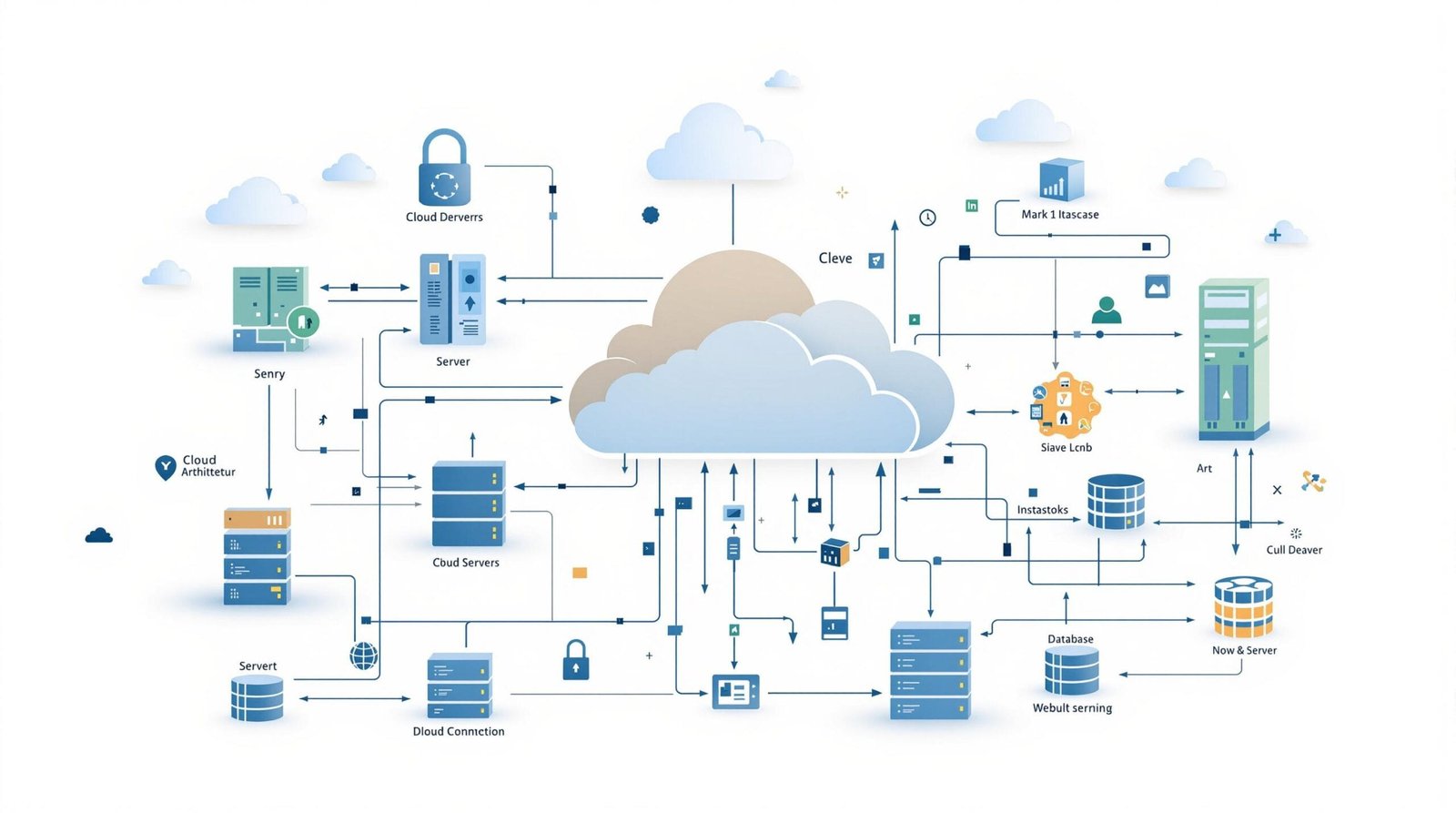INTRODUCTION
In a public statement, Avast has asserted that the attack on CCleaner was identified on the 23rd of September. The hackers had misused the VPN credentials of an employee in order to gain access to an account that was not protected by safety software. The hackers infiltrated using a multi –factor authentication solution. The technical researchers and specialists had figured out the attack with the assistance of the organization named Czech Intelligence Agency, Security Information Service (BIS), along with the local Czech police’s Cybersecurity division, and an outer legal sciences group.
HOW WAS IT DISCOVERED?
The intrusion was discovered when a Microsoft security instrument showed a caution because of ‘vindictive replication of catalog administrations from an inside IP.’ This inner IP had a place within Avast’s VPN address range. According to Avast, the attackers had traded off a worker’s VPN credentials to access a record that was not ensured utilizing a multifaceted validation arrangement.
As of late, Avast accepts that the hackers had been endeavoring to access the system through the traded off VPN as early as May 14 of this current year. “The client, whose credentials were evidently traded off and connected with the malicious IP, didn’t have access to the domain administrator’s benefits. Nonetheless, through an effective benefit heightening, the hacker figured out how to get the domain administrators benefits. The link was established using an open IP facilitated out of the UK and it was also discovered that the hacker additionally utilized different endpoints through the equivalent VPN supplier,” clarified Jaya Baloo, Avast Chief Information Security Officer.
It is believed that the hackers are again focusing their target on CCleaner, which was caught in a similar attack in 2017. Avast procured Piriform, which possesses the PC cleaning device CCleaner (some time ago Crap Cleaner), in July 2017, months before the malware attack on CCleaner was found. In 2018, Avast said that further examinations concerning the 2017 attack discovered that the hackers were planning to introduce a third round of Shadow Pad malware on traded off PCs.
IS THE 2019 ATTACK ON CCLEANER SIMILAR TO THE 2017 ATTACK?
Avast stated that it doesn’t have the foggiest idea regarding whether this latest attack on the CCleaner is done by the same hacker in the past or not. During the latest attack, Avast said that it had the option to reinforce remediation endeavors to restrain harm. On September 25, Avast halted all forthcoming versions of CCleaner and started checking earlier CCleaner versions to confirm that no noxious changes had been made. This step was also taken in order to ensure that the previous versions of CCleaner were no longer vulnerable to such malware attacks. Avast likewise impaired and reset all inside client accreditations. “As two further deterrent measures, we first re-marked a spotless update of the item, drove it out to clients by means of a programmed update on October 15, and second, we repudiated the past testament,” said Avast. “Having avoided potential risk, we are sure to state that our CCleaner clients are secured and unaffected.”
CCleaner has been downloaded in excess of 2 billion times as per Avast, making it a prevalent and vulnerable target for hackers. Named “poop cleaner,” it’s intended to crash treats and offer some web security assurances. 2.27 million Clients have been impacted by the attack, and Avast Piriform trusts it had the option to forestall the attack before it harmed the then clients. “Piriform accepts that these clients are protected now as its examination demonstrates it had the option to incapacitate the risk before it had the option to do any real damage,” says an Avast representative.
AN UNUSUAL ATTACK ON SOFTWARE UPDATE MECHANISMS
This is an unordinary attack on a software like CCleaner which is trusted by purchasers and is intended to evacuate “crapware” from a framework. “By misusing the trust connection between programming sellers and the clients of their product, hackers can profit by taking advantage of clients’ natural trust in the documents and web servers used to circulate refreshes,” says Talos. The malware itself seems to have been intended to utilize tainted PCs as a component of a botnet.
Prior this year, Ukrainian organization Medoc was ruptured and its updated servers were attacked by the Petya ransomware. Hackers seem to be targeting on a specific type in order to effectively spread malware, rather than following the customary method of attacking an individual’s gadget themselves. It’s a pattern that numerous security specialists have be screening intently, to discover the most recent creative ways that hackers are using to rupture different frameworks.
Individual clients can download CCleaner 5.34 from Avast’s site on the off chance that they haven’t just done as such. Past discharges are additionally still accessible on the organization’s site, yet the tainted variant has been expelled from the organization’s servers. You’ll additionally need to play out an antivirus examine on your PC. In case you’re influenced, Cisco Talos prescribes utilizing a reinforcement to reestablish your PC to a state before August 15, 2017, which is the point at which the hacked adaptation was discharged.
 The effect on you at home: While individual clients inside the objective region shouldn’t perceive any effect from this endeavored attack, it’s as yet a startling idea. While Avast got before the issue and settled it without episode, smaller organizations probably won’t have the option to respond so rapidly. For instance, recently, it was discovered that a rupture at Ukrainian programming organization Medoc was liable for the Not Petya ransomware. Ransomware is turning into a disturbing pattern, and if hackers can taint and contaminate updated servers then they can also spread malware to as many softwares and machines as one wanted.
The effect on you at home: While individual clients inside the objective region shouldn’t perceive any effect from this endeavored attack, it’s as yet a startling idea. While Avast got before the issue and settled it without episode, smaller organizations probably won’t have the option to respond so rapidly. For instance, recently, it was discovered that a rupture at Ukrainian programming organization Medoc was liable for the Not Petya ransomware. Ransomware is turning into a disturbing pattern, and if hackers can taint and contaminate updated servers then they can also spread malware to as many softwares and machines as one wanted.



